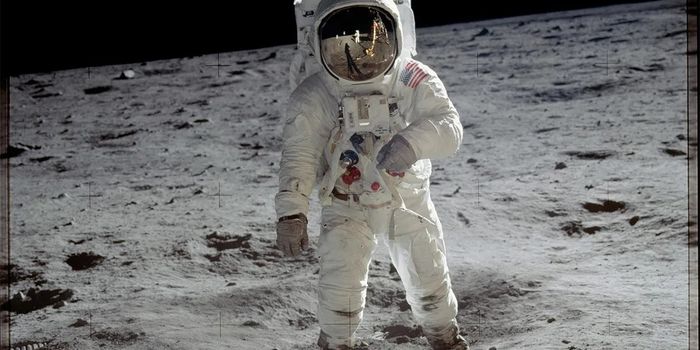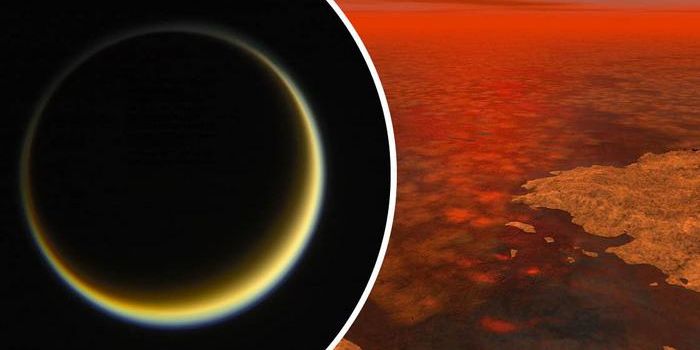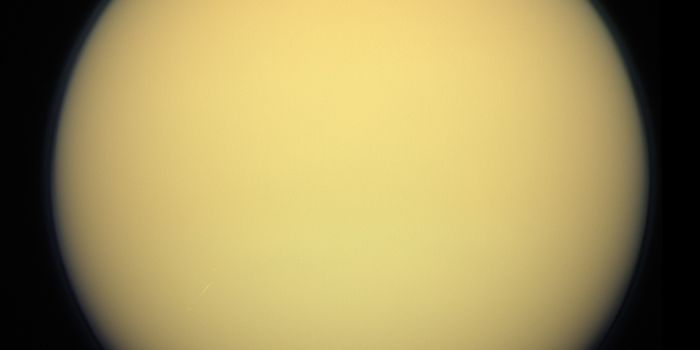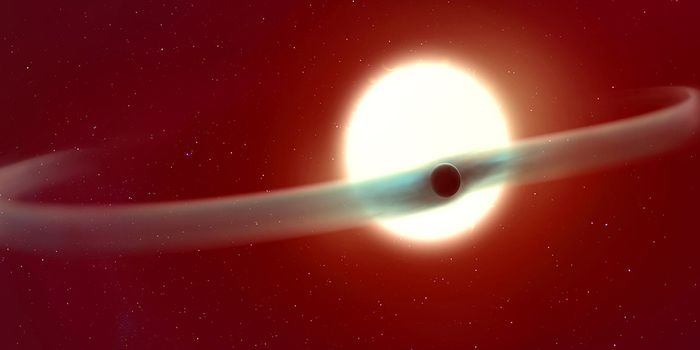Could Aliens Observe Earth in the Same Ways We Observe Other Exoplanets?
The longstanding question of whether we’re alone in the universe brings up a stressing amount of follow-up questions that are even harder to answer. As it would seem, searching for life on other exoplanets is a narrow-minded perspective of the big picture.
Researchers from Queen's University Belfast in Northern Ireland and the Max Planck Institute for solar system Research in Germany followed an interesting new approach to the question in which they’ve flipped the traditional search a full 180º.
Image Credit: NASA/HiRISE
Rather than searching elsewhere in the galaxy for exoplanets, they made calculations to figure how nearby alien life could use tools just like ours to track our solar system and its inner planets. They've published their findings in the Monthly Notices of the Royal Astronomical Society.
It’s a polarizing study because hardly anyone thinks about space exploration from this perspective. Nevertheless, the truth is that we’re just as vulnerable to observation by aliens as they would be to observation by us. If alien life is as advanced as we are, then they could already be spying and have an idea of how habitable Earth is.
Scientists use a method of tracking planetary transits to discern distant exoplanets. When a transit across its host star begins, it blocks out a small percentage of that star’s light and hints its existence. Further observations can then be made with other equipment to determine the exoplanet's temperature, atmospheric composition, and potential habitability.
Since we can do all of that from afar, what stops an advanced alien civilization from any of the surrounding star systems we’ve found thus far from doing the same to us? Virtually nothing, researchers would argue.
Related: Astronomers have a new theory regarding the irregularities of Tabby's Star
The international team found that there are at least 68 exoplanets positioned just right to observe transits of some of the planets in our solar system, but just nine of those would be in ideal spots to observe transits of Earth.
Moreover, they explain how the innermost terrestrial planets of our solar system (Mercury, Venus, Earth, and Mars) have the highest likelihood of getting spotted when compared to the much larger planets in the outer reaches of our solar system (Jupiter, Saturn, Uranus, and Neptune).
“Larger planets would naturally block out more light as they pass in front of their star,” said study lead author Robert Wells from Queen’s University Belfast. “However the more important factor is actually how close the planet is to its parent star – since the terrestrial planets are much closer to the Sun than the gas giants, they’ll be more likely to be seen in transit.”
Another interesting idea is just how many of our solar system’s planets aliens could observe from the perspective of their world at one given time. The researchers’ calculations illustrate how they'd most likely see just one of our solar system's planets at a given time, but it’d be possible to see as many as three if the geometrical circumstances were just right.
Image Credit: 2MASS/A. Mellinger/R. Wells
“We estimate that a randomly positioned observer would have roughly a 1 in 40 chance of observing at least one planet,” study co-author Katja Poppenhaeger noted. “The probability of detecting at least two planets would be about ten times lower, and to detect three would be a further ten times smaller than this.”
But the thinking doesn’t end there; while we’ve discovered many exoplanets, others lurk and evade detection. There could be more that we have yet to find that have the ideal positioning for observing transits of the Earth. It’s unsettling to think that there could be a mystery observer out there that we can’t even see yet, sort of like an interstellar stalker, but that could be the way of things.
So, should you be worried? Probably not. After all, if aliens wanted to contact us or visit our planets, they probably would have done so already. The study simply shows that, if we’re not alone in the universe, aliens could potentially spy on our solar system just as we do on other stellar systems for science.
Source: Queens University Belfast










